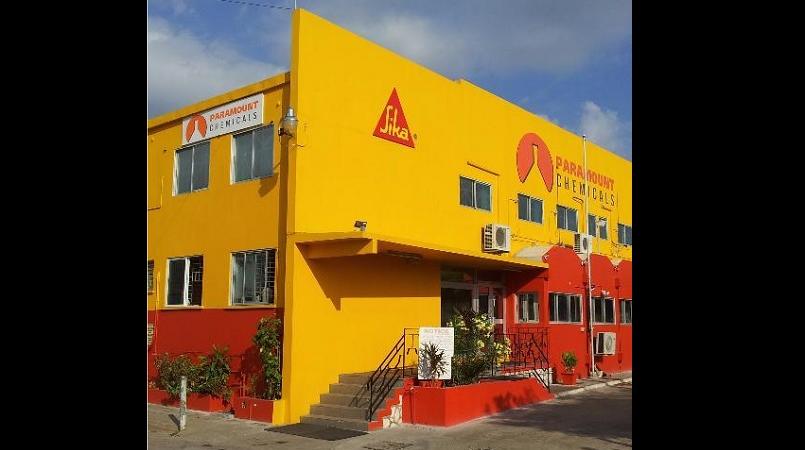The HEART/National Service Training Agency Trust is bound under statute to operate as “a total training institution for Jamaica that will track the life cycle of all Jamaicans and support their training needs at all stages.” This broad mandate puts the Organisation in a unique position to serve all members of the Labour Force through workforce preparation, job placement, retooling, continuous learning and giving back through volunteerism and national service, a far cry from the traditional view of HEART as a training institution for school leavers. These points are worthy of consideration in light of the main conclusion of the recent Auditor General Department’s performance audit of the Agency, which posited that optimal value was not obtained by the Trust on the basis of percentage rate of certification from training expenditures for the past five years. We wish to clarify why this claim does not present the full picture of the reach and impact of HEART on the lives of citizens from all walks of life, who rely on our training and value-added services to find employment, meet their personal obligations, and to take care of their families. Why Certification Rate is not the full measure of HEART’s Value to the Nation? Several years ago, HEART modularized all its training programmes to facilitate trainees, whose socio-economic circumstances forced them to defer training to accept a job, and to remain enrolled to complete their full programme of study at their own pace, with a view to ultimately attain certification over time. As an example, it is entirely feasible for a mother of two, who enters one of our entry-Level 2 programmes in Food Preparation with a duration of 18 months, to acquire modularized skill components after 3-6 months in the programme to find gainful employment at a hotel or restaurant that provides well-needed income, reduces personal stress, and gives her the time and space to complete her studies and training, even as she contributes to the national GDP. This is a prime example of the measure of flexibility and value that distinguishes HEART from other educational and training institutions offering services to the Labour Market, and which in part, explains why there is a differential between certification rates, relative to enrolment. Furthermore, HEART has gone well beyond its traditional TVET service offerings to provide a range of social training programmes and services, in support of increasing numbers of persons who need remediation, literacy, numeracy, pro-social mentalities and conflict resolution skills to function in the society. HEART spent over $3 billion between FY 2014-15 and FY 2018-19 on social training interventions, funding and operating programmes to rescue unattached youth from falling between the cracks of society and into criminal activities; and to place them in apprenticeships, which often do not immediately translate in the award of an NVQ-J certificate. Additionally, we run work-based programmes that pay a stipend to programme participants such as graduates from our universities and colleges in our Graduate Work Experience Programme, for persons with physical and intellectual disabilities in our Empowerment Programme, and the HOPE Youth Summer Work Programme that caters to thousands of young people every summer. How HEART will Increase Certification Rate from Funded Programmes Going Forward. As the Auditor General accurately pointed out, HEART “despite significant efforts” achieved a 45% rate of certification against the set target of 70 percent certification from training programmes, a key performance indicator that the Agency has kept in place to continuously challenge itself to meet the visionary goal of a fully certified Jamaican Workforce. Our decided goal is to meet and exceed this 70% NVQ-J Certification stretch target, which we are now better structured and resourced to accomplish as a result of the recent merger with the National Youth Service, Jamaican Foundation For Lifelong Learning and the Apprenticeship Board. The re-organised HEART is increasing Prior Learning Assessments to capture more persons who are skilled but not certified, through a fully-fledged Mobile Assessment and Certification Unit resourced with more staff traveling to communities across the island, as well as established Assessment Centres at St. Ann’s Bay, May Pen, Montego Bay and Rockfort. We are also addressing the concern raised by the Auditor General with respect to the low certification levels and other sub-optimal results by HEART-funded External Training Providers (ETPs), which are now under the supervision of an expanded Monitoring and Evaluation Department with additional support from six Regional Directors and 15-Parish Managers with fully resourced teams. Why the Nation Should Expect A Quantum Leap in HEART Performance. The Board of the HEART.NSTA Trust has instituted enhanced governance structures and mechanisms for all investments in major training partnerships, to ensure an acceptable return in terms of greater access to training and the quality of graduates for the Labour Force. We are confident that, following the merger and repurposing, the Agency has the structural capacity and wherewithal to “track the life cycle” of our enrolled trainees, and to support increasing numbers of them to complete their programmes of training to earn their full NVQ-J competency certification for the job market. Source: Jamaica Information Service (JIS)







